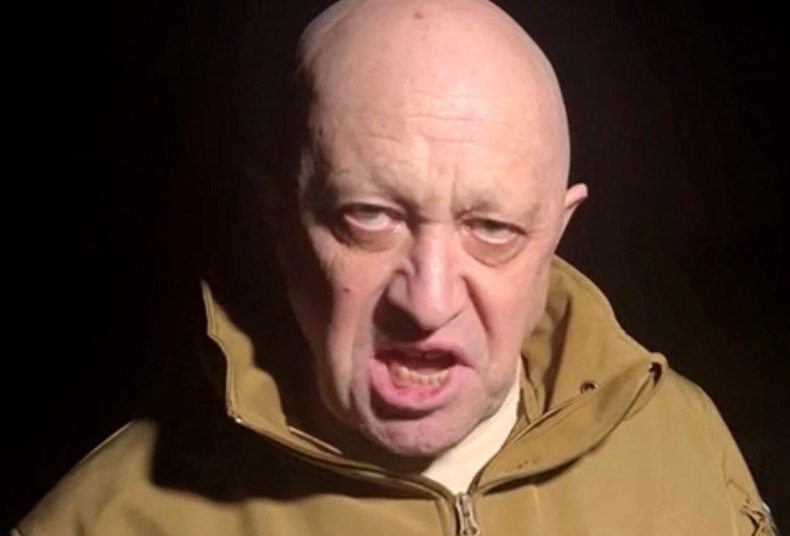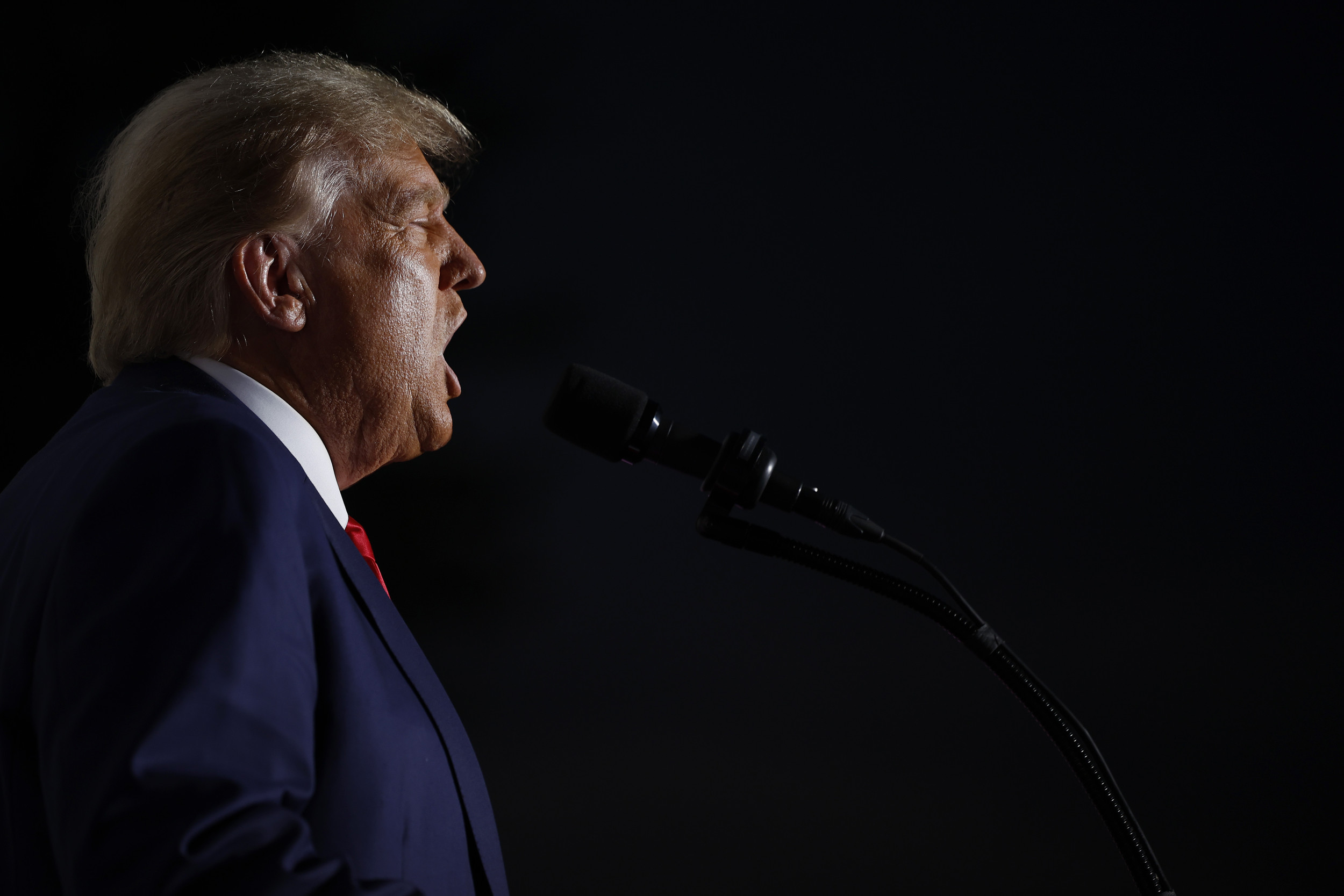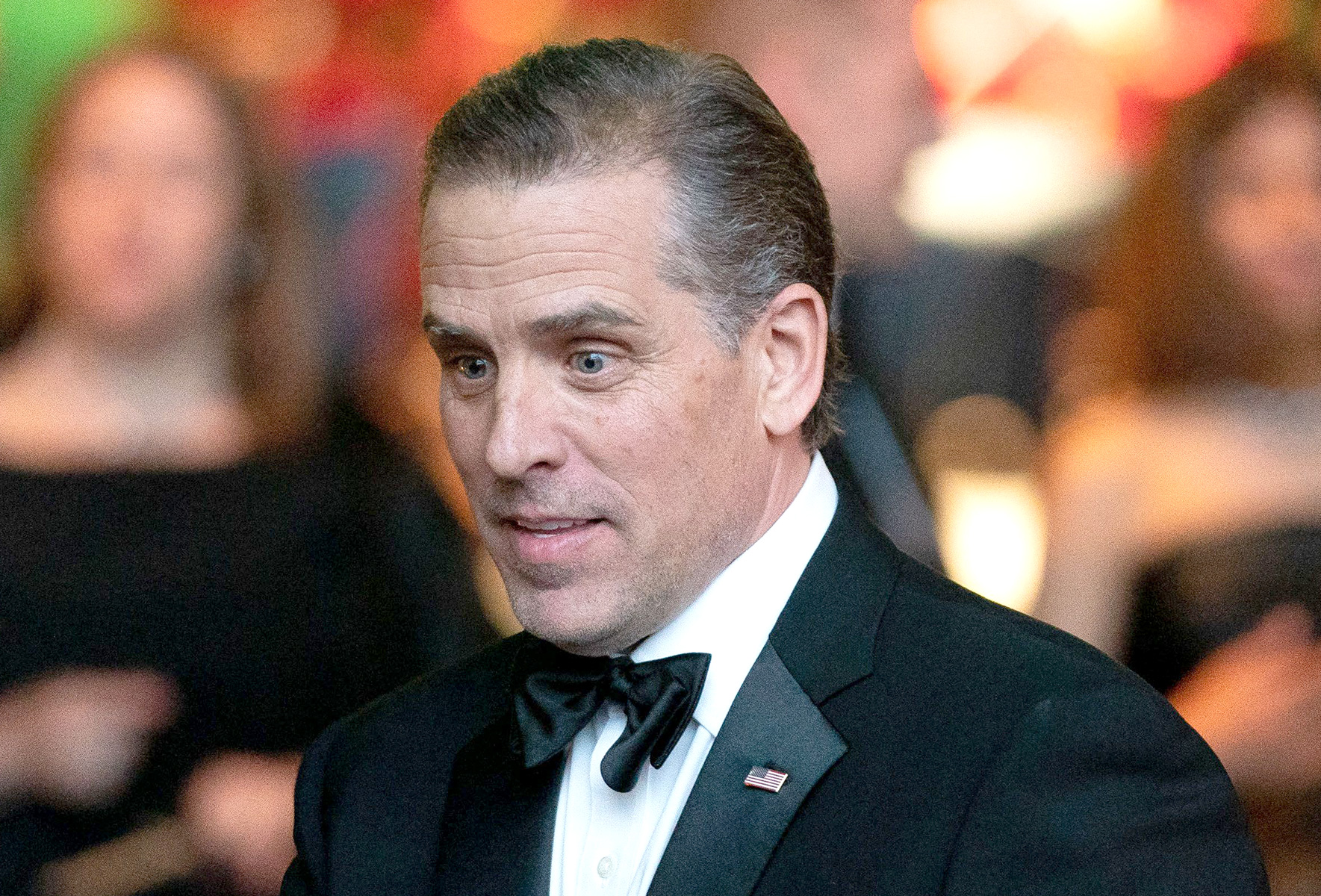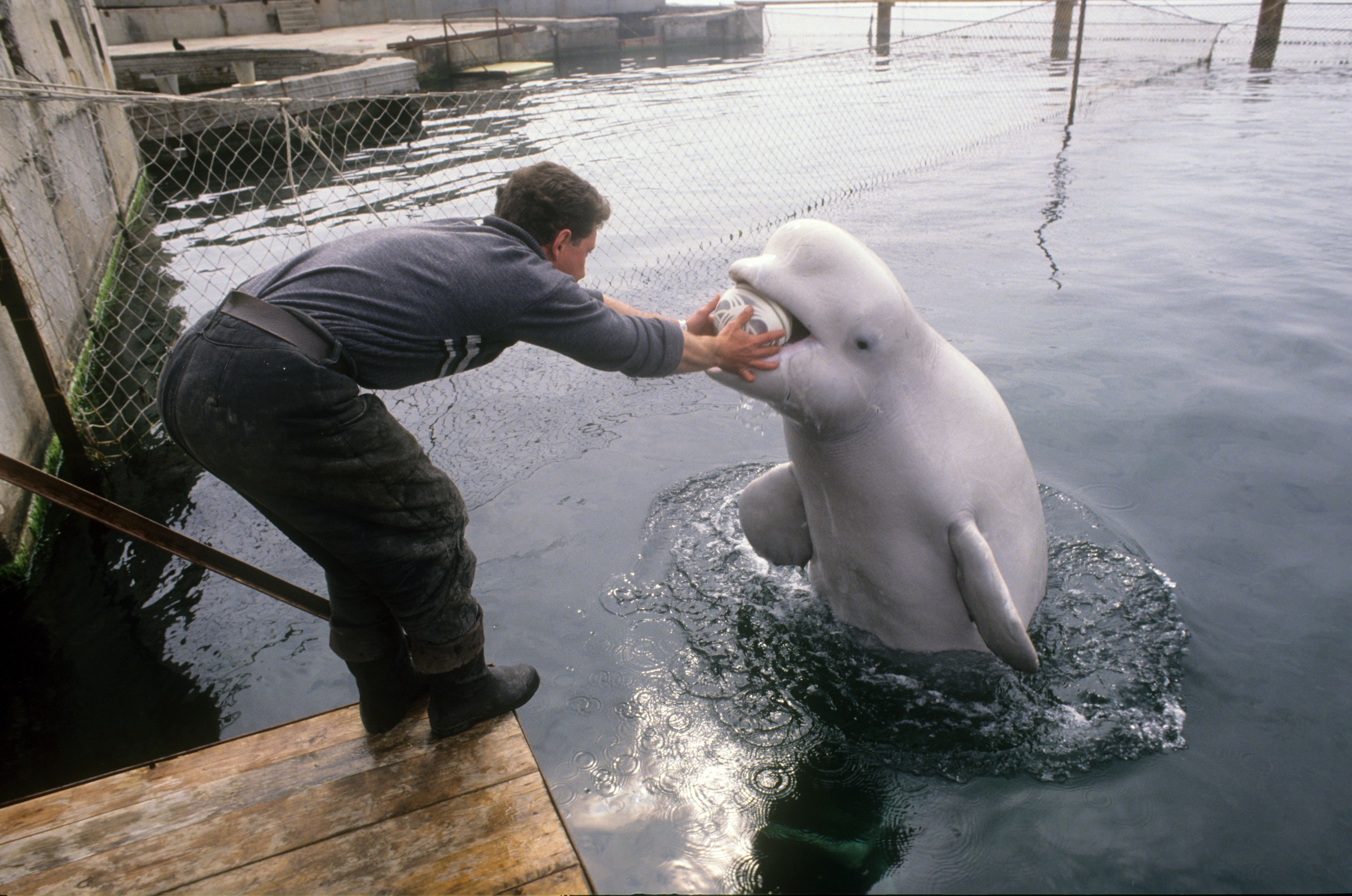Wagner Group's leader Yevgeny Prigozhin's revolt against Russian President Vladimir Putin and the Russian military has raised concerns by some over the handling of Russian nukes.
On Friday, Prigozhin rebelled against the Russian defense ministry and accused the Russian military of attacking his mercenary's positions in Ukraine. Prigozhin, who was once a Putin ally, also said that the Russian president's justifications of invading Ukraine were lies. The Wagner Group has been participating in military operations alongside the Russian military since last February when the Russia-Ukraine war began.
"Either Prigozhin will be destroyed within 24 hours by a missile strike ordered by Putin, or he will take over the Kremlin and declare himself as Russian military dictator. What comes next will be civil war and Russia's disintegration. My concern is what will happen to the thousands of nuclear warheads, on missiles and planes, if Prigozhin controls them," Anton Gerashchenko, adviser to the Minister of Internal Affairs of Ukraine, wrote on Twitter on Saturday.
Meanwhile, Dmitry Medvedev, the deputy chairman of the Security Council of the Russian Federation, warned against a "staged coup d'état."
Either Prigozhin will be destroyed within 24 hours by a missile strike ordered by Putin, or he will take over the Kremlin and declare himself as Russian military dictator. What comes next will be civil war and Russia's disintegration.
— Anton Gerashchenko (@Gerashchenko_en) June 24, 2023
My concern is what will happen to the…
"The development of events shows that the actions of those who organized the military rebellion fully fit into the scheme of a staged coup d'état" he said, according to Russian media. "The world will be brought to the brink of destruction, if the nuclear weapons are in the hands of bandits, the crisis will not be limited to one country."
Rajan Menon, director of the grand strategy program at Defense Priorities, told Newsweek on Saturday "Medvedev's game is to delegitimize Wagner, right? To see it as not just a threat to the Russians state, but to the entire world."
However, Menon explained that the escalating situation could present unique issues and problems, depending how the internal conflict plays out.
Russia has a "bigger land area than the United States and Canada and Mexico put together. And we have no experience of witnessing, let alone managing, prolonged violent conflict in a nuclear armed country, least of all the world's second nuclear superpower," he said.

The United States and Europe are closely watching the situation between the Wagner chief and the Russian military as it develops, with the British Defense Ministry saying on Saturday in an assessment update, "Over the coming hours, the loyalty of Russia's security forces, and especially the Russian National Guard, will be key to how the crisis plays out."
Foreign ministers of the G7 and the European Union (EU) High Representative for Foreign Affairs and Security Policy held a call on Saturday morning to discuss the ongoing situation in Russia, U.S. Secretary of State Antony Blinken tweeted.
"The United States will stay in close coordination with Allies and partners as the situation continues to develop," Blinken wrote.
U.S. State Department spokesperson Matthew Miller said in a statement on Saturday that Blinken "reiterated that support by the United States for Ukraine will not change."
Steve Bannon, a former White House strategist who served during the Trump administration, also shared his concerns over the situation in Russia.
"Chaos in Russia Drives Emergency Meeting of European Leaders... Who Has The Nukes," he wrote on the social media platform, Gettr.
Meanwhile, the advance toward Moscow ended later on Saturday, according to Prigozhin who said that his convoys are turning around. Putin's top allies, Belarusian President Alexander Lukashenko, was part of negotiations to de-escalate the situation. Prigozhin ended up accepting a proposal to stop the group's advancement inside Russia, among other de-escalation steps, according to Lukashenko's press service.
"They were going to dismantle PMC Wagner. We came out on 23 June to the March of Justice. In a day, we walked to nearly 200km away from Moscow. In this time, we did not spill a single drop of blood of our fighters. Now, the moment has come when blood may spill. That's why, understanding the responsibility for spilling Russian blood on one of the sides, we are turning back our convoys and going back to field camps according to the plan," Prigozhin said in a voice recording that he posted on his Telegram channel.
Newsweek reached out by email to the Russian foreign affairs ministry for comment.
Update 6/24/2023, 2:30 p.m. ET: This article has been updated to include additional information and comments from Rajan Menon.








